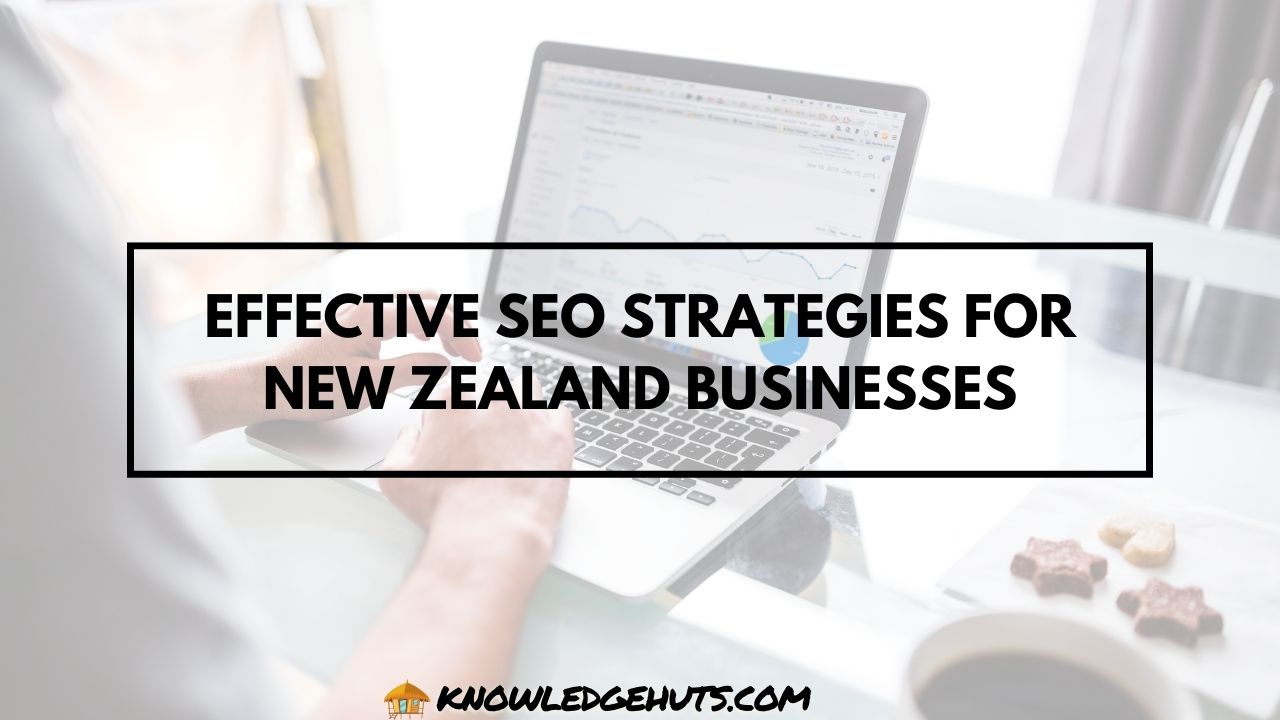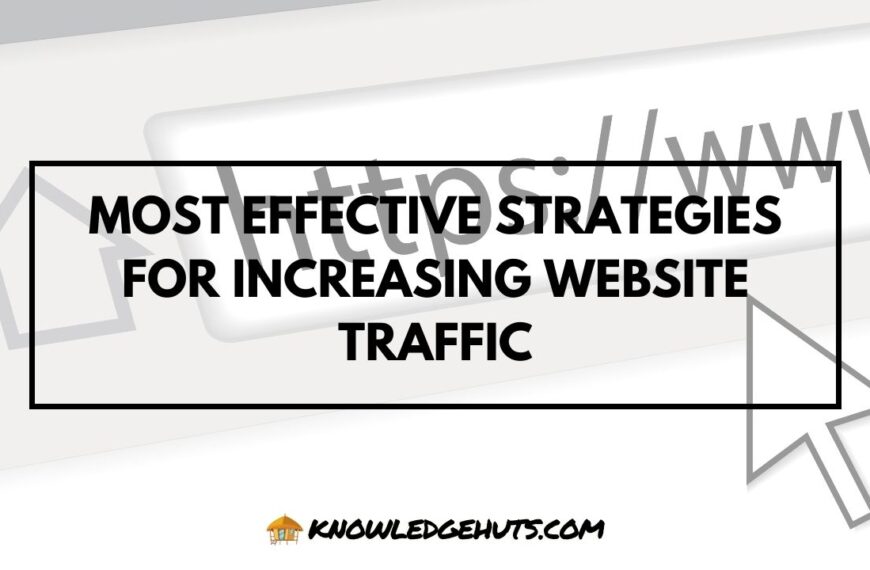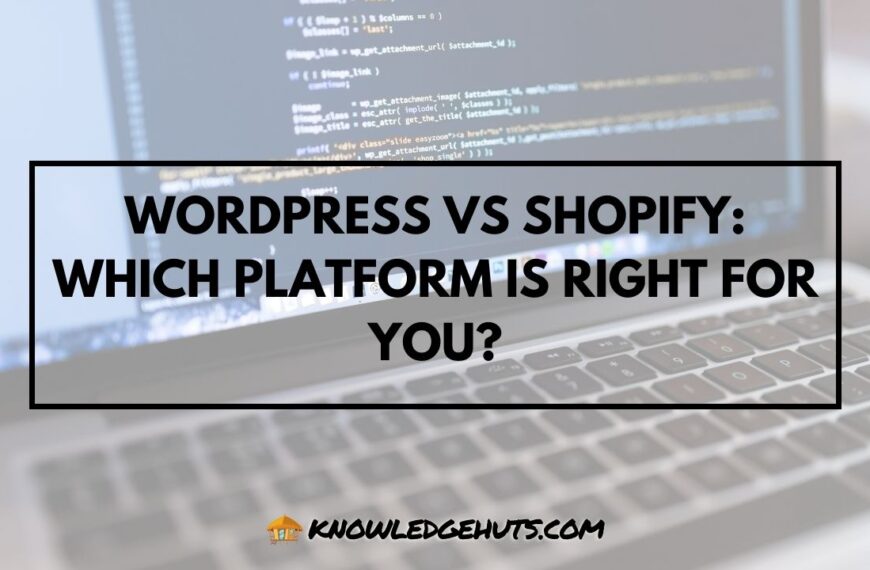The importance of search engine optimisation (SEO) cannot be overstated. Businesses across New Zealand are beginning to realise that a strong online presence is critical for reaching potential customers and driving sales. SEO is the art and science of enhancing a website’s visibility on search engines like Google. By optimising their websites, businesses can improve their chances of appearing at the top of search results, thereby attracting more visitors. But what does SEO New Zealand entail in the context of its unique market, and how can businesses leverage it for success?
Understanding SEO in the New Zealand Context
SEO is a multifaceted discipline that encompasses various strategies and techniques aimed at improving a website’s ranking in search engine results. In New Zealand, the principles of SEO remain consistent with global practices. However, local nuances, consumer behaviour, and market dynamics necessitate a tailored approach.
The first step in any effective SEO strategy is keyword research. Understanding what potential customers are searching for is crucial. In New Zealand, this might involve identifying keywords that reflect local vernacular, preferences, and geographic specifics. For instance, while a term like “best restaurant” might be common globally, New Zealand consumers may use specific location names, such as “best restaurant in Wellington,” or even Māori terms that resonate more with local audiences.
The Importance of Local SEO
For businesses operating in New Zealand, local SEO is particularly vital. Local SEO focuses on optimising a website to attract traffic from local searches. This is essential for businesses that rely on local customers, such as restaurants, retailers, and service providers. Local SEO strategies can include optimising Google My Business listings, creating location-based content, and ensuring consistency in name, address, and phone number (NAP) information across online directories.
New Zealand’s unique cultural and geographic landscape means that local SEO can significantly impact a business’s visibility. For example, a tourism company in Rotorua can benefit from local SEO by targeting keywords that highlight attractions in the region, such as geothermal experiences or Māori cultural tours. By doing so, the business can attract visitors actively searching for experiences in that area, increasing foot traffic and bookings.
On-Page and Off-Page SEO Strategies
On-page SEO involves optimising individual web pages to rank higher and earn more relevant traffic. This includes optimising content, images, and HTML source code. In New Zealand, businesses should focus on creating high-quality, informative content that resonates with local audiences. For example, a blog post about hiking trails in the South Island can draw in readers who are passionate about outdoor activities, providing valuable information while also incorporating relevant keywords.
Optimising images is also critical, as search engines cannot “see” images in the same way humans do. Businesses should use descriptive file names and alt text that reflect the content of the images, incorporating keywords where appropriate. This not only helps with SEO but also improves accessibility for users with visual impairments.
Off-page SEO refers to actions taken outside of a website to impact its rankings. This primarily involves building backlinks, which are links from other websites to your own. High-quality backlinks signal to search engines that a website is credible and authoritative. In New Zealand, businesses can build backlinks through guest blogging on local websites, collaborating with influencers, or participating in community events that attract media coverage.
The Role of Content Marketing in SEO
Content marketing is an integral part of any successful SEO and white label SEO services strategy. Creating valuable, engaging content helps attract and retain visitors, ultimately driving conversions. In New Zealand, businesses should focus on developing content that reflects the interests and needs of their target audience. This could include blog posts, videos, infographics, and even podcasts.
For instance, a health and wellness brand could create informative articles on topics such as nutrition, fitness, or mental health, tailoring the content to address issues relevant to New Zealanders. Incorporating local statistics, stories, or references can enhance the relatability of the content, fostering a stronger connection with the audience.
Additionally, regular updates to content are crucial for maintaining visibility. Search engines favour fresh, relevant content, so businesses should routinely update their websites with new information or insights. This could be as simple as updating a blog post with the latest trends or creating a new section on a website dedicated to customer testimonials or case studies.
The Importance of Mobile Optimisation
As mobile device usage continues to grow, ensuring that websites are optimised for mobile viewing is paramount. In New Zealand, where smartphone penetration is high, consumers often search for information on their mobile devices. A website that is not mobile-friendly risks losing potential customers due to poor user experience.
Mobile optimisation involves ensuring that a website is responsive and adapts seamlessly to different screen sizes. This includes optimising loading speeds, simplifying navigation, and ensuring that all elements are easily clickable on smaller screens. Google prioritises mobile-friendly websites in its rankings, making mobile optimisation an essential aspect of any SEO strategy.
Tracking SEO Performance
Monitoring and measuring the performance of SEO efforts is essential for understanding what works and what needs improvement. Businesses in New Zealand can use various analytics tools, such as Google Analytics, to track key performance indicators (KPIs) like organic traffic, bounce rate, and conversion rates. By analysing this data, businesses can identify successful strategies and areas that may require adjustment.
Additionally, tracking keyword rankings over time provides insight into how well a website is performing in search results. If a business notices that certain keywords are not generating traffic, it may need to revisit its content strategy or consider additional optimisation techniques.
The Role of Social Media in SEO
While social media does not directly impact SEO rankings, it plays a significant role in driving traffic to a website. Social media platforms serve as channels for businesses to engage with their audience, share content, and build brand awareness. In New Zealand, where social media usage is widespread, leveraging these platforms can enhance visibility and attract potential customers. Incorporating QR codes into campaigns—both digital and physical—can further boost engagement and traffic, especially when powered by the QR code adoption for tracking and optimization
Businesses should create a consistent presence on social media, sharing content that resonates with their audience and encourages engagement. By promoting blog posts, videos, and other valuable resources, businesses can drive traffic to their websites, indirectly benefiting their SEO efforts.
Working with SEO Professionals
For many businesses, managing SEO can be a daunting task, especially with the ever-changing landscape of digital marketing. Working with SEO professionals or agencies can provide the expertise needed to navigate this complex field effectively. An experienced SEO agency in New Zealand understands local nuances and can develop tailored strategies to maximise visibility and drive results.
When selecting an SEO agency, businesses should consider their experience, client testimonials, and transparency regarding their methods. A reputable Singaporean Digital Marketing agency will provide regular updates on progress and be open about the strategies they employ to improve rankings.
Conclusion
SEO is an indispensable aspect of digital marketing for businesses in New Zealand. By optimising their online presence, businesses can attract local customers, increase visibility, and ultimately drive sales. With a focus on keyword research, local SEO, quality content, and mobile optimisation, businesses can create a strong foundation for their digital marketing efforts.
As consumer behaviour continues to evolve, staying informed about the latest trends and best practices in SEO is crucial. By embracing SEO as a long-term investment, businesses in New Zealand can position themselves for success in an increasingly competitive digital landscape.
In summary, effective SEO requires a holistic approach that encompasses various strategies tailored to the unique needs of the New Zealand market. By prioritising local engagement, creating valuable content, and working with experienced professionals, businesses can enhance their online visibility and achieve lasting success.








